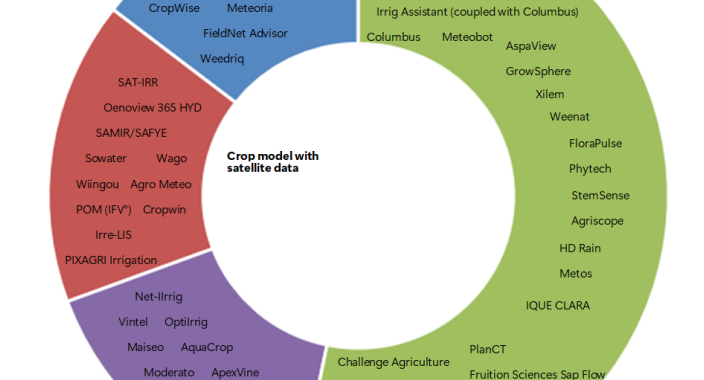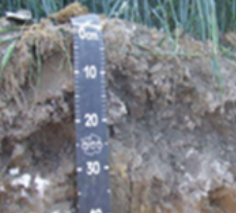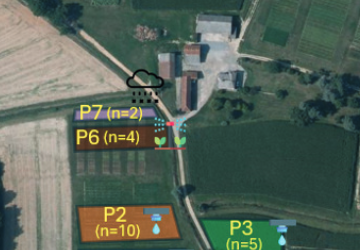Stage effectué par Ian Miculob dans le cadre du MSc Hydroinformatics and Water Management (EuroAquea+)Erasmus Mundus Joint Masters Scholarship Programme
Understanding how digital decision support tools can potentially promote agroecological irrigation is of great significance in light of the need to promote sustainable agricultural practices, considering that the irrigation demand is increasing with scarce water resources as exacerbated by climate change. In this study, the existing digital DSTs in France were characterized in order to provide insights on the type of tools that widely used new technologies, and their utility based on the spatial and temporal scales of recommendation. It also synthesized the motivations and potential benefits, sustainability features and improvements that the conceptors considered for these DSTs. Using a real plot, three DSTs were tested to assess the tools’ irrigation recommendation and determine how it is affected by different soil types and maize varieties. It was found that DSTs in France has been widely and increasingly used for the last 10 years, with majority of these DSTs using new technologies as vectors, such as sensors and satellite data, primarily targeting field crops and market gardening, and with majority of the 64 identified DSTs having plot level and real time spatial and temporal scales of recommendations, respectively, with some overlaps. Additionally, the interviews with six of the DST conceptors highlighted the primary motivations, including maximizing water efficiency and water saving potential, achieving better yield margin, and promoting better decision-making process and agroecological adaptation. These DSTs support sustainable practices and agroecological agriculture through and optimization of energy and resource use in the manufacture, and adoption of carbon neutral technologies and climate-friendly features. However, some improvements were emphasized to enhance ease of use and advice, such as the numerical aspect of the model, data and modules integration, and climate change and irrigation constraints enhancement. Finally, testing of the three DSTs, including Irre-LIS, NetIrrig, and Pixagri Wago, indicates that the three tools are sensitive, although in varying degrees, to the three different soil types and, with exception of Pixagri Wago, to the three different maize varieties in terms of recommended irrigation needs in mm averaged in the period considered. Also, comparison of the tools’ irrigation recommendation to the actual irrigation consumption of the study plot suggests an overestimation in Irre-LIS and Pixagri Wago, and underestimation in NetIrrig.



